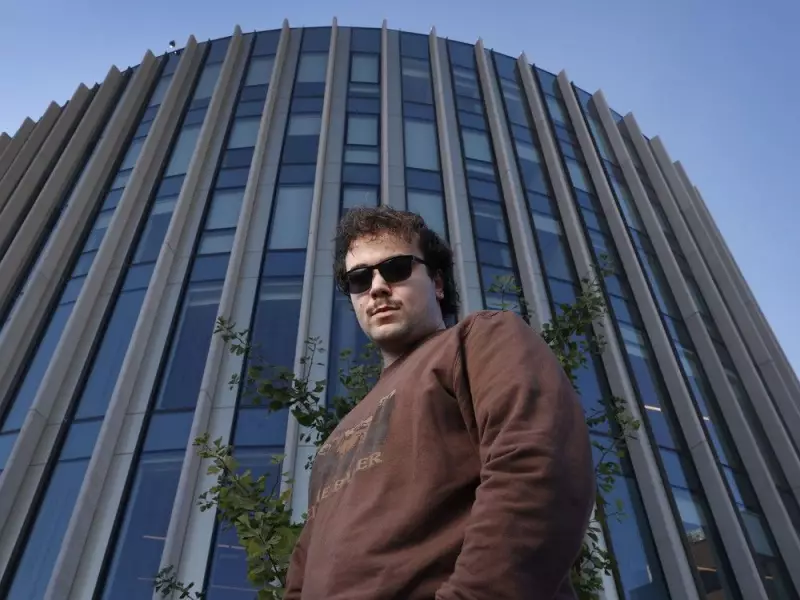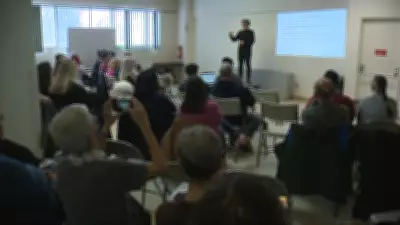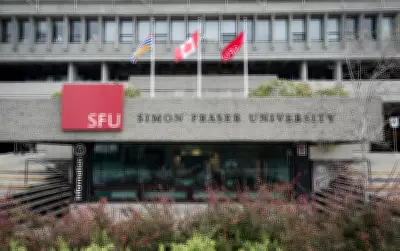
A proposed new policy at Carleton University is generating significant controversy among faculty members and academic organizations, with critics warning it could have a chilling effect on classroom discussions and academic freedom.
The draft "Impartiality of Academic Staff" policy, currently under consideration by the university's Board of Governors, aims to establish guidelines for how professors and instructors approach potentially sensitive topics in their teaching. However, opponents argue the policy's vague language could be interpreted to restrict legitimate academic discourse.
Faculty Association Sounds Alarm
The Carleton University Academic Staff Association has taken a strong stance against the proposed policy, urging the board to reject it entirely. Association president Nahla Gomaa expressed concerns that the policy could prevent instructors from addressing important contemporary issues in their classrooms.
"The policy as written is so broad and ambiguous that it could be used to discipline faculty for discussing virtually any controversial subject," Gomaa stated. "This directly threatens the core principles of academic freedom that universities are supposed to protect."
National Organizations Join Opposition
The controversy has drawn attention beyond Carleton's campus. The Canadian Association of University Teachers has also voiced opposition, noting that similar policies at other institutions have been used to limit discussions on topics ranging from climate change to social justice issues.
Several student groups have joined the protest, arguing that the policy could deprive them of opportunities to engage with complex, real-world issues as part of their education.
University's Position
Carleton University administration has defended the proposal as an effort to ensure all students feel comfortable in the learning environment. University officials emphasize that the policy is still in draft form and subject to revision based on community feedback.
"Our goal is to create an inclusive learning environment while respecting academic freedom," a university spokesperson commented. "We're actively listening to concerns and will carefully consider all feedback before any final decisions are made."
Broader Implications for Higher Education
The debate at Carleton reflects larger tensions playing out at universities across Canada and internationally. Institutions are grappling with how to balance academic freedom, inclusive learning environments, and political pressures.
As the Board of Governors prepares to make a decision, the academic community is watching closely. The outcome could set an important precedent for how Canadian universities navigate these complex issues in the future.
The final vote on the policy is expected in the coming weeks, with both supporters and opponents preparing for what could be a defining moment for academic freedom at the Ottawa-based institution.





